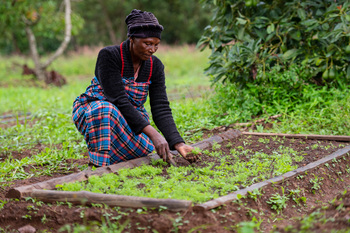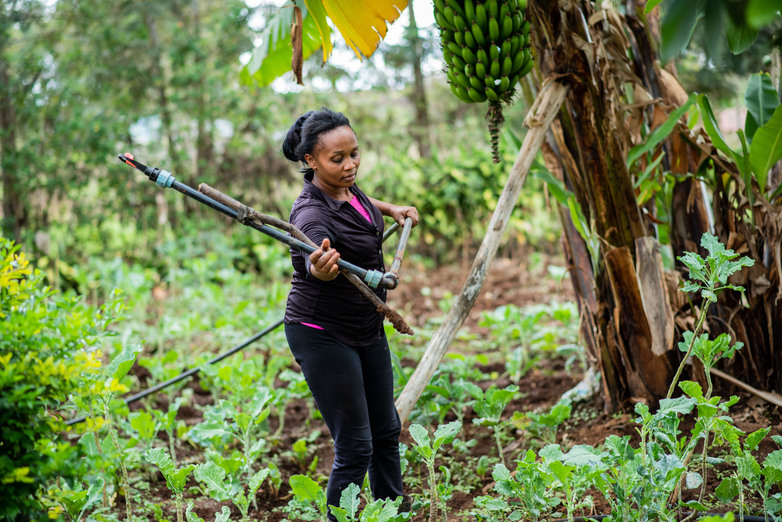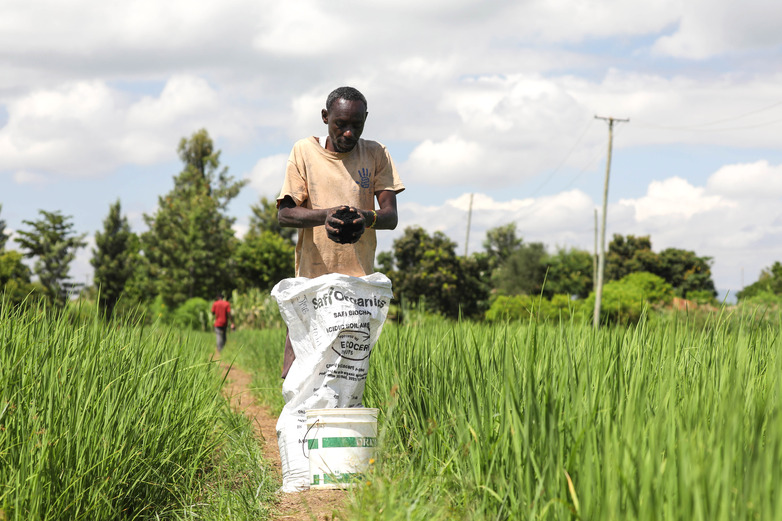Saving water and energy in agriculture and food production
Water and Energy for Food (WE4F)
 © GIZ/Corporate Image
© GIZ/Corporate Image
Water and Energy for Food (WE4F)

German Federal Ministry for Economic Cooperation and Development (BMZ)

European Union (EU)
European Union (EU)

Global

2020 to 2024

The Ministry of Foreign Affairs of the Kingdom of the Netherlands (MLFA)
The Ministry of Foreign Affairs of the Kingdom of the Netherlands (MLFA), the Swedish International Development Cooperation Agency (Sida), the Norwegian Agency for Development Cooperation (Norad) and the United States Agency for International Development (USAID)

Climate, environment, management of natural resources

The production of food accounts for a large share of global energy consumption, worldwide greenhouse gas emissions and of the world’s freshwater consumption. The growing population also means that the demand for foodstuffs is rising, which also brings major increases in the use of energy and water. This has impacts on the environment, ecosystems, the soil and biodiversity, and on people’s food security. In addition, the influence of climate change is reinforcing these effects.
The dissemination of climate-friendly, energy-efficient and water-saving innovations has been stepped up in food production.
 © GIZ/Corporate Image
© GIZ/Corporate ImageThe project delivers the German contribution to the international initiative Water and Energy for Food (WE4F) – A Grand Challenge. WE4F is being implemented by the German Federal Ministry for Economic Cooperation and Development (BMZ), the European Union (EU), the Ministry of Foreign Affairs of the Kingdom of the Netherlands (MLFA), the Norwegian Agency for Development Cooperation (Norad), the Swedish International Development Cooperation Agency (Sida) and the United States Agency for International Development (USAID).
The initiative encourages the agriculture and food industry in developing countries and emerging economies to increase its use of climate-friendly, energy-efficient and water-saving technologies and innovations.
The project implements its measures via two Regional Innovation Hubs in Eastern and Western Africa. The partners of the international initiative operate three more regional hubs covering South-East Asia, the Middle East and Southern and central Africa.
The project focuses on five fields of action:

Last update: August 2024